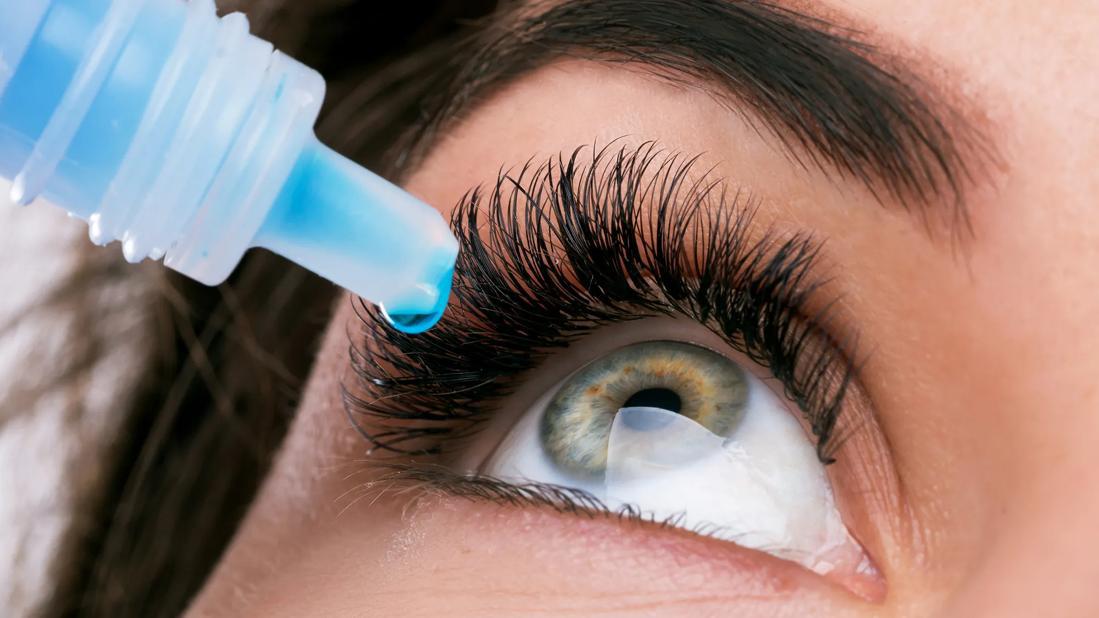Year-Round Advice for Seasonal Dry Eyes
Preservative-free lubricating drops, a humidifier, sunglasses and preventive medications can help with dry eyes, no matter the season

Many people associate dry eyes with cold, stale winter months. But evaporative dry eyes can strike year-round, even when you live in an area that doesn’t experience all four seasons. Optometrist Alexandra Williamson, OD, shares some dry eye triggers and what you can do to prevent them.
How does a change in seasons affect dry eyes?
Because of changes in weather and reintroduction to allergens (like pollen or dust), seasonal shifts may cause an increase in styes and clogged meibomian glands. These glands produce an oil that keeps your tears smooth. If they get clogged or blocked, your tears don’t get enough oil and become thin and runny. This leads to evaporative dry eyes, a condition in which your tears dry up quickly, leaving your eyes irritated, dry and uncomfortable.
Dr. Williamson says some of the environmental factors that can trigger dry eye symptoms (like itchiness, redness and watery eyes) include:
- Seasonal allergies, like pollen in the spring
- Low humidity in the winter
- Dry, hot air in the summer
- Increased wind and autumn allergens, like ragweed
“Your eyes may be drier because of your hormones, your diet, the environment and the air around you or even because you’re not blinking as much,” adds Dr. Williamson. “We see these problems year-round.”
Soothing dry eyes all year
One of the keys to treating dry eyes is having regular, annual appointments with an optometrist, especially if you know your dryness gets worse in a specific season.
“For anyone dealing with seasonal allergies, we can recommend certain allergy medications ahead of time because we know their symptoms are coming,” notes Dr. Williamson. “We know medication will make them feel better and prevent them from having histamine release that would cause more symptoms later on.”
When dry eyes strike, try not to rub your eyes. This causes further irritation and introduces more of the allergen and other bacteria directly to your affected eyes. Instead:
- Use preservative-free, lubricating eye drops as prescribed.
- Follow your doctor’s recommendations for wearing contacts, as they can make dry eyes worse.
- Wash your hands before touching your face.
- Wash your face before bed to remove allergens and keep your eyelids clean from leftover makeup, creams and lotions.
- Wear sunglasses when you’re outside to shield your eyes from the wind.
- Use a humidifier to help put moisture back into the air during summer or winter.
- Limit screen time and take frequent breaks during the day to give your eyes a rest.
If you try these strategies and still have a hard time with dry eyes, an optometrist can help you see more clearly with other kinds of treatment.
“With a lot of advancements in the way we treat dry eyes, we can help with different eye drops or medications. For more serious, chronic cases, we can offer implants or eyelid repositioning,” reassures Dr. Williamson.
“All of these procedures are individualized, so it’s best to come in and talk to the experts to see what solutions work for you.”